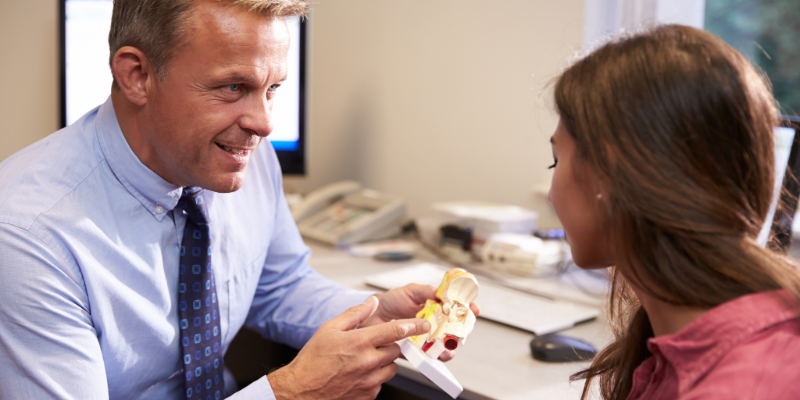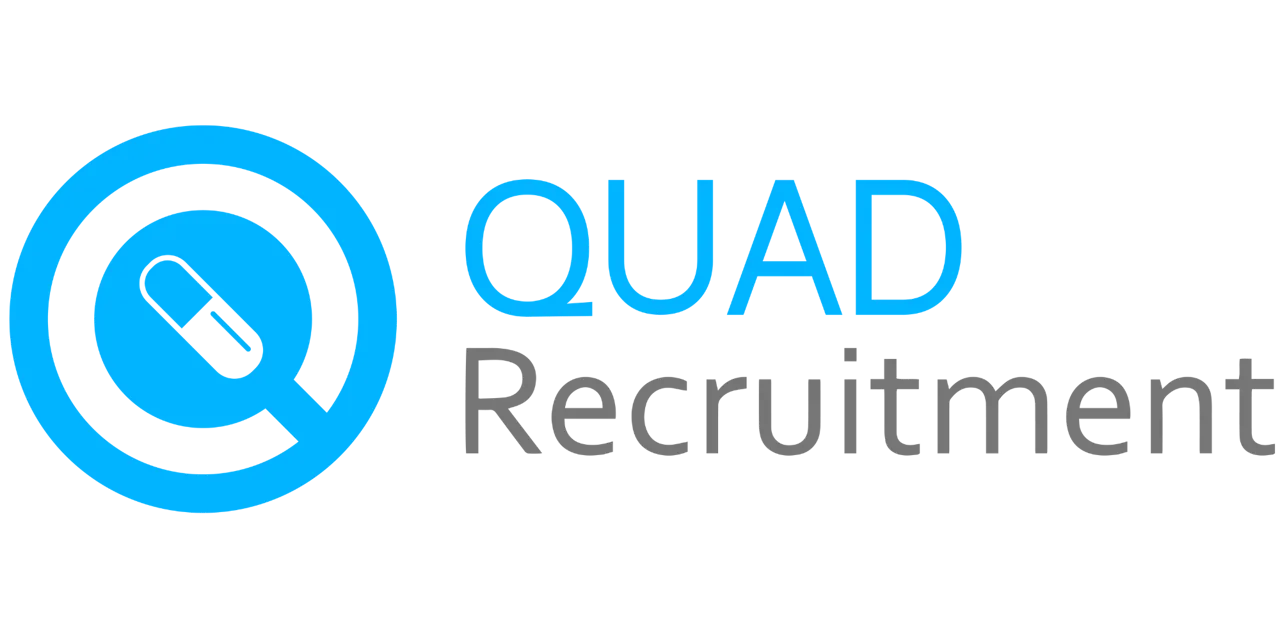
Audiology in 2024: Roles and Responsibilities
09 Jul, 20242 minsThe diverse roles of an AudiologistThe world of audiology is far more multifaceted than simp...

The diverse roles of an Audiologist
The world of audiology is far more multifaceted than simply testing hearing and fitting hearing aids. Audiologists play a vital role in diagnosing and treating a wide range of hearing and balance disorders, offering a diverse career path with various specialisations.
Let's explore some of the exciting roles and responsibilities audiologists take on:
1. General Audiologists: These are the frontliners, conducting comprehensive hearing evaluations for adults and children. They utilise advanced tools to assess hearing thresholds, identify potential causes of hearing loss, and recommend appropriate treatment plans.
Roles and Responsibilities of a General Audiologist
- Conduct comprehensive hearing evaluations for adults and children.
- Use advanced tools to assess hearing thresholds and diagnose potential causes of hearing loss.
- Recommend and implement appropriate treatment plans, which may include hearing aids, assistive listening devices, or referrals for medical intervention.
- Provide counselling and education to patients and their families about hearing loss and management strategies
2. Ototoxicity Monitoring Audiologists: This specialised role focuses on monitoring patients undergoing treatments that might damage hearing, such as chemotherapy or certain antibiotics. Early detection allows for preventative measures to minimize hearing loss.
Roles and Responsibilities of an Ototoxicity Monitoring Audiologists
- Monitor patients undergoing treatments known to potentially damage hearing (e.g., chemotherapy, certain antibiotics).
- Conduct regular hearing assessments to detect early signs of hearing loss or changes in hearing function.
- Collaborate with healthcare teams to adjust treatment plans to minimise ototoxic effects and preserve hearing.
- Educate patients and caregivers about the risks of ototoxicity and preventive measures.
3. Hearing Aid Specialists: These audiologists take centre stage in the hearing aid journey. They guide patients through the selection process, ensuring a comfortable fit and personalized programming to optimise hearing improvement. Ongoing adjustments and support are also part of their expertise.
Roles and Responsibilities of a Hearing Aid Specialist
- Guide patients through the selection of appropriate hearing aids based on hearing test results and individual preferences.
- Ensure proper fitting and comfort of hearing aids.
- Programme hearing aids to optimise sound quality and meet the specific hearing needs of each patient.
- Provide ongoing support, including adjustments, maintenance, and troubleshooting of hearing aids.
4. Cochlear Implant Specialists: For individuals with severe hearing loss, cochlear implants offer a life-changing solution. These specialists assess candidacy, program the implant, and provide rehabilitation therapy to help patients adapt to hearing with the implant.
Roles and Responsibilities of a Cochlear Implant Specialist
- Assess candidates for cochlear implants based on hearing test results and medical history.
- Programme cochlear implants and assist patients in adjusting to auditory sensations.
- Provide rehabilitation therapy to help patients develop listening and communication skills with the implant.
Vestibular Audiologists: Balance disorders can be a significant source of dizziness and vertigo. These specialists conduct specialized tests to assess the vestibular system (inner ear) and design treatment plans like vestibular rehabilitation therapy to improve balance and reduce dizziness.
Roles and Responsibilities of a Vestibular Audiologists
- Conduct specialised tests to assess the vestibular system (inner ear) for balance disorders causing dizziness and vertigo.
- Design personalised treatment plans, including vestibular rehabilitation therapy, to improve balance and reduce symptoms.
- Collaborate with healthcare teams to address underlying conditions affecting vestibular function.
Paediatric Audiologists: Children's unique needs require specialised expertise. These audiologists conduct hearing tests appropriate for different age groups, work with parents to address concerns, and collaborate with other professionals to ensure optimal development for children with hearing loss.
Roles and Responsibilities of a Paediatric Audiologists
- Provide training and strategies to help patients improve listening and communication skills in various environments.
- Assist patients in adapting to hearing aids or cochlear implants through auditory training and communication exercises.
- Address psychosocial aspects of hearing loss, including coping strategies and support networks.
Aural Rehabilitation Specialists: Communication challenges often accompany hearing loss. These audiologists provide training and strategies to help patients improve their listening and communication skills in various listening environments.
Roles and Responsibilities of a Aural Rehabilitation Specialists
- Provide training and strategies to help patients improve listening and communication skills in various environments.
- Assist patients in adapting to hearing aids or cochlear implants through auditory training and communication exercises.
- Address psychosocial aspects of hearing loss, including coping strategies and support networks.
Audiology Researchers: Innovation in hearing technology and treatment methods is crucial. These audiologists contribute by conducting research studies, developing new assessment tools, and staying at the forefront of advancements in the field.
Roles and Responsibilities of a Audiology Researchers
- Conduct research studies to advance knowledge in hearing technology, treatment methods, and rehabilitation strategies.
- Develop new assessment tools and protocols to improve diagnostic accuracy and treatment outcomes.
- Stay abreast of scientific literature and collaborate with other researchers to contribute to the field's development.
Public Awareness Audiologists: Educating the public about hearing health and prevention is vital. These audiologists might participate in community outreach programs, give educational talks, and advocate for increased access to hearing care.
Roles and Responsibilities of a Public Awareness Audiologists
- Educate the public about hearing health, prevention of hearing loss, and the importance of early intervention.
- Participate in community outreach programmes, health fairs, and educational workshops.
- Advocate for policies and initiatives that promote access to hearing healthcare services and technologies.
This diverse array of roles showcases the depth of the audiology profession. Whether you're drawn to cutting-edge technology, enjoy working with children, or value scientific discovery, there's a path in audiology perfectly suited to your interests and skills. Quad Recruitment has worked with all of these specialties over the years and has vast knowledge of the sector. If you are seeking a new opportunity in the Audiology industry, we have a multitude of employers seeking professionals for their organisations. You can search through our live roles here or you can speak to a consultant today at 01244 621477 / info@quadrecruitment.com



